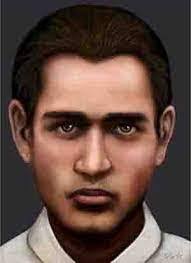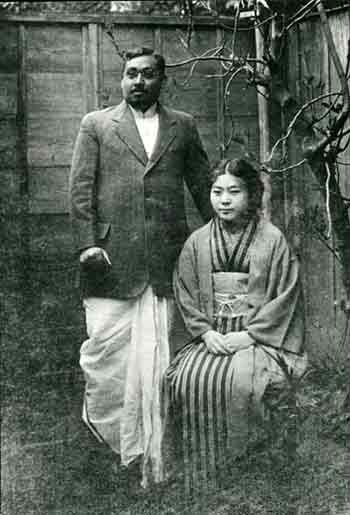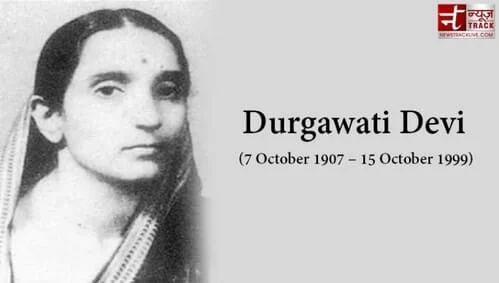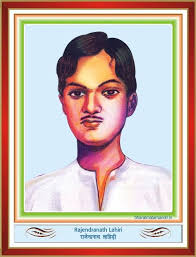Nelson Mandela (1918–2013) was a towering figure in the struggle against apartheid in South Africa and a global symbol of resistance against oppression and injustice. Here’s an overview of his life and legacy:
- Early Life: Mandela was born on July 18, 1918, in the village of Mvezo in South Africa. He grew up in a traditional Thembu royal family and received a Western education, eventually studying law at the University of Fort Hare and the University of Witwatersrand.
- Anti-Apartheid Activism: Mandela became involved in the African National Congress (ANC), an organization fighting against the apartheid regime that institutionalized racial segregation and discrimination in South Africa. He rose through the ranks of the ANC, advocating for nonviolent resistance initially.
- Imprisonment: In 1962, Mandela was arrested and sentenced to life imprisonment for his role in sabotage activities against the apartheid government. He spent 27 years in prison, during which he became a symbol of the anti-apartheid movement and garnered international attention for his plight.
- Release and Negotiations: Mandela was released from prison in 1990, following growing international pressure and internal reforms within South Africa. He immediately became involved in negotiations with President F.W. de Klerk’s government to dismantle apartheid and establish multiracial elections.
- President of South Africa: In 1994, Mandela led the ANC to victory in South Africa’s first multiracial elections. He became the country’s first black president, serving from 1994 to 1999. Mandela’s presidency was marked by efforts to reconcile a deeply divided nation and promote racial harmony.
- Reconciliation and Truth: Mandela’s approach to reconciliation was exemplified by the establishment of the Truth and Reconciliation Commission, which aimed to address the atrocities committed during the apartheid era and promote healing and forgiveness.
- Global Statesman: After leaving office, Mandela remained active in various humanitarian causes, including HIV/AIDS awareness and conflict resolution. He continued to be an influential figure on the world stage, advocating for peace, human rights, and social justice.
- Legacy: Mandela’s legacy transcends South Africa and stands as a beacon of hope for oppressed peoples worldwide. He was awarded the Nobel Peace Prize in 1993 for his role in ending apartheid. Mandela passed away on December 5, 2013, but his ideals and principles continue to inspire generations to strive for equality and justice.






